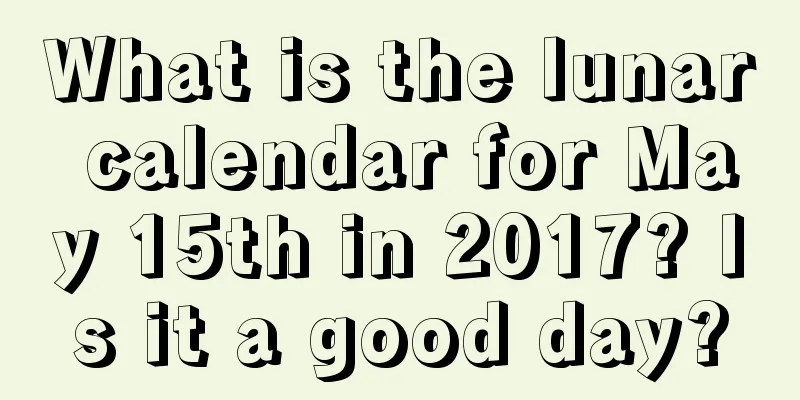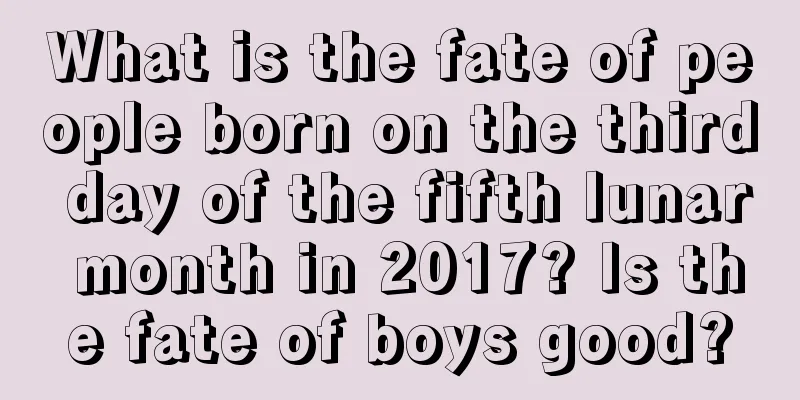What are the sayings and customs on the Little New Year’s Eve? Are the dates the same in different places?

What are the sayings and customs on the Little New Year’s Eve? Are the dates the same in different places? Xiaonian does not refer to a specific festival. The main folk activities during Xiaonian include pasting Spring Festival couplets, sweeping the house, and offering sacrifices to the kitchen god. The arrival of the twelfth month of the lunar calendar means that we are entering the coldest season of the year. Let’s learn more about it in Shuimoxiansheng.com’s special topic on the twelfth month of the lunar calendar in 2018.About the New Year's Eve1. Legend has it that the Kitchen God was originally a commoner named Zhang Sheng. After marrying a wife, he spent his days in debauchery and lost all his family fortune, and was reduced to begging on the streets. One day, he went to beg at his ex-wife Guo Dingxiang's house. He was so ashamed that he dived under the stove and burned to death. When the Jade Emperor found out, he thought that Zhang Sheng had changed his mind and was not completely bad. Since he died at the bottom of the pot, he was named Kitchen God. He was required to report to heaven on the 23rd and 24th of the twelfth lunar month every year and return to the bottom of the pot on New Year's Eve.2. Starting from the reign of Emperor Yongzheng of the Qing Dynasty, the emperors would worship gods in the Kunning Palace on the 23rd day of the twelfth lunar month every year. In order to save money, the emperors would also worship the Kitchen God at the same time. Later, the royal family and nobles followed suit and worshiped the kitchen god on the 23rd day of the twelfth lunar month. From then on, officials and civilians began to celebrate the New Year on different days. What are the customs of Xiaonian?Sweeping the house: After the Little New Year, there are only seven days left until the Spring Festival. Before the arrival of the Spring Festival, every household must clean the house thoroughly and make sure the windows and tables are spotless. This is commonly known as "sweeping the dust", which means "getting rid of the old and welcoming the new, and removing bad luck."Cutting window flowers: In the old days, cutting window flowers was the most popular folk activity among all the preparations. Nowadays, although it is not as grand as in the old days, every household buys various kinds of "Fu" characters and pastes them on doors and windows to pray for good luck and fortune in the coming year. Posting Spring Festival couplets: The Han people believe that couplets must be posted wherever there are gods, on every door, and on every object. After the Little New Year, every household will write Spring Festival couplets. The couplets on the front door are the face of a family and are given special attention. They may be lyrical or descriptive, and may be rich in content and full of witty words. Haircut: There is a saying among the people that "Whether you have money or not, you should get a haircut during the New Year." Most people still adhere to the custom of bathing and cutting hair around the New Year. Is the date of Little New Year the same in different places?Little New Year in the North: During the Qing Dynasty, the government offered sacrifices to heaven and ancestors on the 23rd day of the twelfth lunar month. Therefore, people in the north, who were more influenced by the rule of the Qing government, celebrated the 23rd day of the twelfth lunar month.Little New Year in the South: The tradition of celebrating Little New Year on the 24th day of the twelfth lunar month is the oldest. Historically, most areas in the south that are far away from the political center still celebrate Little New Year on the 24th day. Jiangsu, Zhejiang and Shanghai region: In response to New Year's Eve, the night before New Year's Eve in Jiangsu, Zhejiang and Shanghai is called "Little New Year's Eve", so New Year's Eve is called Little New Year. Sichuan and Guizhou regions: In some areas in southwestern China, people celebrate the Little New Year on New Year's Eve, while their Big New Year is mostly on the 14th or 15th day of the first lunar month. Nanjing: After Zhu Di usurped the throne in the Ming Dynasty, the people of Nanjing held a party on the 15th day of the first lunar month to commemorate the lenient policies of Zhu Yunwen's era. Therefore, the Lantern Festival is the Little New Year in Nanjing. |
<<: Can we visit the graves on the eve of the Chinese New Year? New Year's Eve Taboos
Recommend
Is the 28th day of November in the lunar calendar 2021 an auspicious day?
Speaking of auspicious days, I believe everyone is...
When is the 26th day of the seventh lunar month in 2019? Is this day a good day for Nacai?
The date represents time. Tearing off a page on t...
Are people born on the fourth day of the second lunar month in 2018 Pisces?
Astrology is a major component of Western numerolo...
How is the academic fortune of Taurus students in the new semester of 2017?
Introduction: The Spring Festival holiday has pass...
What are the auspicious and inauspicious things about the fifth day of the fourth lunar month in 2019? Can I travel far away?
Is the fifth day of the fourth lunar month in 2019...
A 48-year-old person born in the Year of the Rat - What kind of fate does he have if he was born in 1972, the year of Xiaoman? Is he lucky to be rich?
The year each person is born determines his or her...
What is the lunar calendar date for Teachers’ Day in 2017? Is it a good idea to travel far away?
Introduction: With the improvement and development...
Query the position of the God of Wealth on December 14, 2021. What is the position of the God of Wealth at different times?
The twelfth month of the lunar calendar is the las...
Is it a good idea to register for marriage in December 2021? Which day in the twelfth lunar month is suitable for getting a marriage certificate?
The twelfth month of the lunar calendar is the bes...
Lunar February 14, 2020: Good and bad luck at each hour, auspicious and taboo times
In the second month of the lunar calendar, the sp...
Is it possible to get married on November 22, 2018 in the lunar calendar?
There are good and bad days, and this happens rep...
Is August 20, 2020 a good day to travel?
Is August 20, 2020 a good day to travel? Is the he...
Is it good to have a girl born on Women’s Day 2021? Girls numerology analysis
Women's Day is one of the festivals. So, let&#...
Is it not suitable to set up a bed on New Year's Day in 2021? About the origin of the name of New Year's Day
Introduction: It is also necessary to choose an au...
Can I get a haircut on the winter solstice in 2020? Is the winter solstice the end or the beginning of winter?
Introduction: In some special periods, it is also ...









